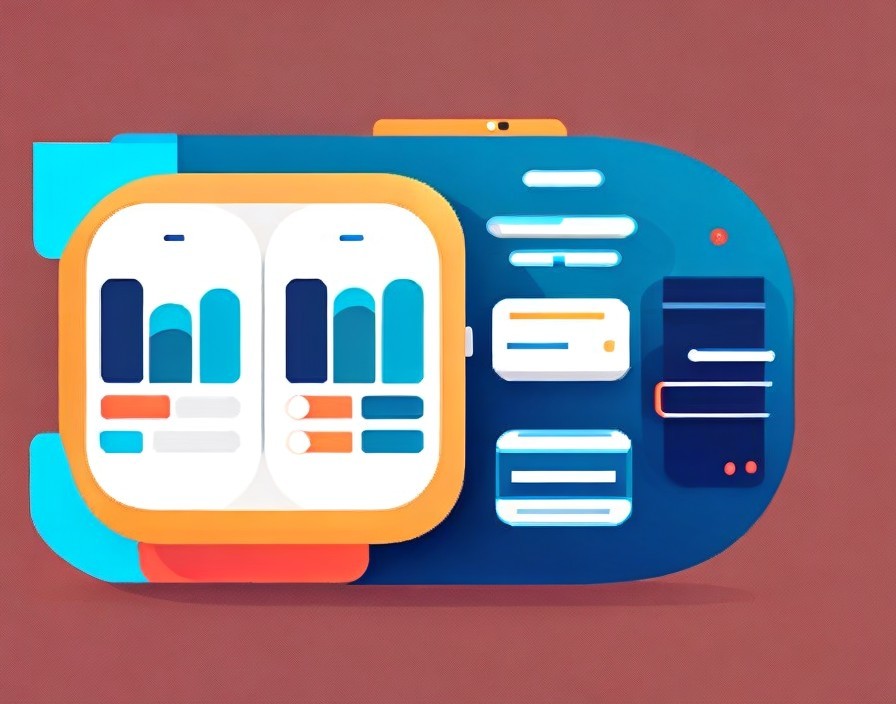The Online Experience Progressive Web Apps (PWAs) are a phrase that has become increasingly popular in the ever-changing world of technology. PWAs, which combine the greatest aspects of web and mobile applications, are revolutionising internet usage by providing a streamlined and captivating user experience across platforms. In-depth discussions of PWAs’ main attributes, advantages, and revolutionary effects on the online experience are provided in this piece.
What are Progressive Web Apps?
A Progressive online App is essentially a kind of online application that runs directly through the web browser and makes use of contemporary web technologies to offer consumers an app-like experience. PWAs, in contrast to traditional web apps, offer features that were previously only available in native mobile applications. They are also made to be dependable, quick, and entertaining.
Key Features and Benefits of PWAs
1. Offline Functionality
One of PWAs’ biggest benefits is that it can continue to work even if the user is offline or has a bad internet connection. Service workers are used to make this feasible by caching necessary resources so that the application can load and function offline.
2. Responsive Design
PWAs are designed with responsive design principles in mind, so they adjust to different screen sizes and kinds of devices with ease. PWAs offer a consistent and optimised user experience regardless of the device being used to view them—desktop, tablet, or smartphone.
3. Quick Loading
PWAs use strategies like preloading and caching to minimise latency and provide lightning-fast load times, as well as quick page navigation. This improved performance is essential to maintaining users’ satisfaction and engagement.
4. Push Notifications
PWAs are able to notify users via push notifications of significant events, promotions, or upgrades. This feature promotes returning users to the app and helps increase user engagement.
5. Installable
PWAs eliminate the need for consumers to download and install an app from an app store by allowing users to install the app straight to their home screen. Users are encouraged to interact with the app more frequently and accessibility is improved by this easy installation process.
6. Secure
PWAs are delivered via HTTPS, guaranteeing encrypted and secure connection between the application and the server. This promotes user confidence in the app’s dependability and integrity while safeguarding user data.
Obstacles and Things to Think About
PWAs have many advantages, but they also have a set of drawbacks and things to think about. Several typical obstacles consist of:
- 1. Browser Compatibility: It might be difficult to guarantee consistent behaviour and performance across various web browsers, especially when it comes to capabilities that aren’t completely supported or standardised yet.
- 2. Limited Access to Device capabilities: Compared to native apps, PWAs have less access to some device capabilities and APIs, which in some circumstances might limit their functionality and user experience.
- 3. App Store Presence: While PWAs can be installed straight from the web, it’s important to investigate alternate distribution channels because they might not get the same exposure and marketing as native apps in app stores.
Conclusion
In contrast to conventional online and native mobile applications, Progressive online Apps offer a compelling option that represents a paradigm shift in web development. PWAs are redefining how we interact with the web by fusing mobile apps and websites with their seamless user experience, responsive design, and offline capabilities. Future developments that will influence the online experience are anticipated as long as companies and developers keep adopting PWAs.
As a result, PWAs can open up new avenues for companies to connect with and interact with their customers while offering users dependable, quick, and engaging online experiences. When we go out on this digital transformation path, it is important to consider the power of Progressive digital Apps.
